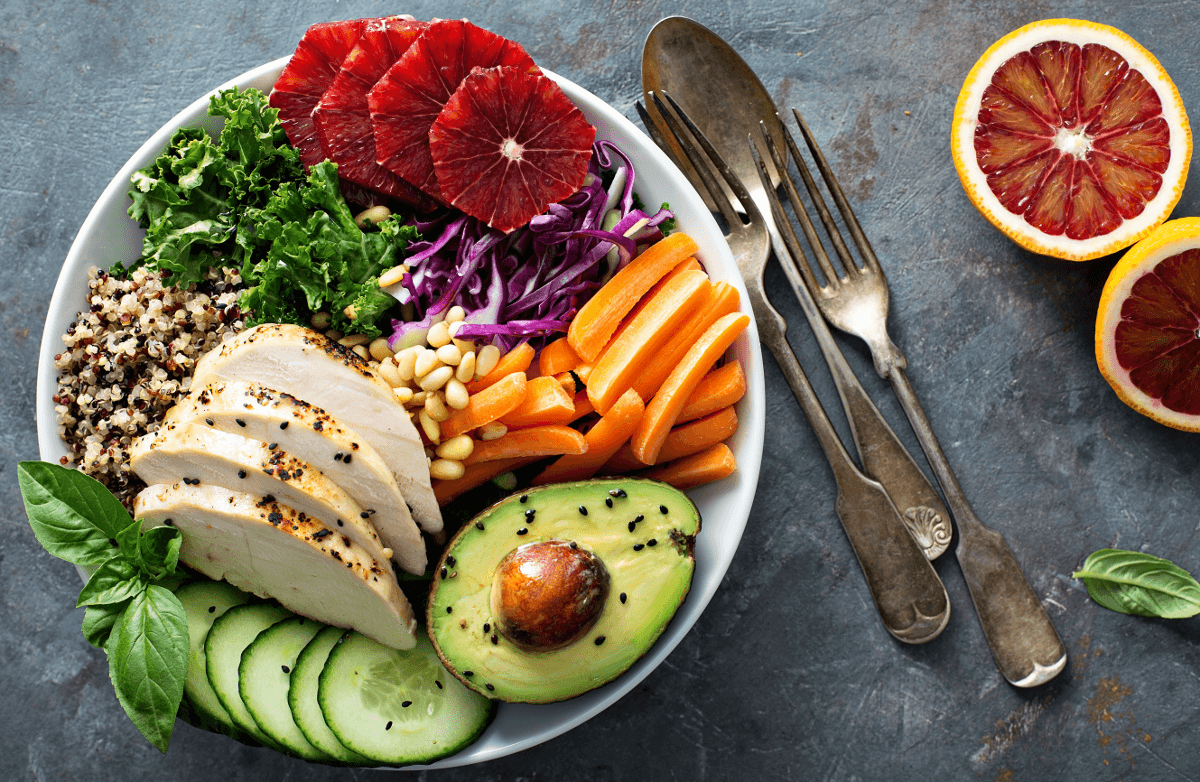|
Whenever you decide to change your eating habits, the issue of “good foods” versus “bad foods” is likely to come up. Whether you’re counting calories for weight loss and trying to figure out which foods offer the best nutrients per calorie deal, or trying to limit foods that could increase your risks for some health problems, or shifting to a vegetarian, vegan, or local foods diet for ethical or social reasons, you’re probably going to end up with your own personal list of foods you should eat and foods you shouldn't. But how far down this road can you go before you start running into potential problems? For a lot of nutrition and weight management experts, the answer is “not very far.” Obviously, people with certain medical conditions will need to avoid certain foods, but otherwise, they say, categorizing foods as "good" or "bad" can create some serious problems. In fact, some psychologists and health professionals who work with people who have eating disorders have been lobbying for a while now to add a new disorder to the list: the problem of taking the idea of eating "right" too far. This new diagnosis would be called orthorexia nervosa. The term orthorexia originated with Steven Bratman, MD, a specialist in alternative medicine. He described orthorexia as an obsession with healthy eating, with the emphasis on the obsessive nature of this concern. Obviously, a serious commitment to eating healthy is not orthorexia. Neither is a reasonable concern about the social, moral, or political implications of the food choices you make, like that seen in people who choose vegan or vegetarian diets for ethical reasons, or favor foods that are locally produced using sustainable methods. Orthorexia would be diagnosed only when concerns about eating "right" dominate a person to such an extent that he or she can't maintain a nutritionally sound diet, or lets other areas of life suffer in ways that cause practical problems. Personally, I’m not so sure it’s a good idea to add “orthorexia nervosa” to the list of formal eating disorders. I think there would be an awful lot of potential for wrongly applying this label to someone who has an uncommonly strict or unconventional diet that is not necessarily unhealthy or problematic--just one that strikes the person making the diagnosis as too extreme. I've lived in several different parts of the USA, from the South, where sausage gravy and biscuits with fried potatoes was the breakfast of champions, to the wilds of Northern California, where even the big chain groceries sell more stevia than sugar, and the herbal supplements section is bigger than the local drugstore. Trying to come up with one idea of what's healthy eating and what's orthorexic that would fly in all these different "food cultures" could get pretty challenging, to say the least. But maybe orthorexia could still be a good concept for us to use ourselves, if we can use it to understand the roots of somewhat less extreme and more common problems. For example, what about problems like: What do you think? Do you find yourself running into these problems (or others) because you think of different foods as good or bad, or do you find thinking that way helpful? Are some foods objectively bad, or is anything OK as long as you don't go overboard? Is it possible to lose weight and eat healthy without having at least some "rules" or ideas about what's good and bad to eat? What about approaches like intuitive eating or simple moderation? |
More From SparkPeople
|


.jpg)
.jpg)








.jpg)


.jpg)